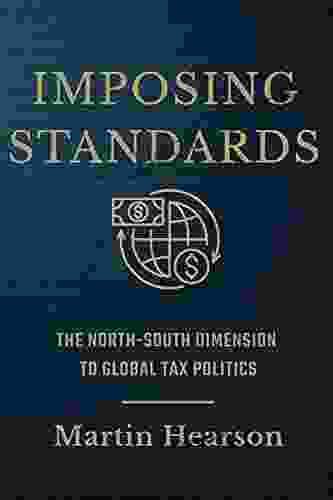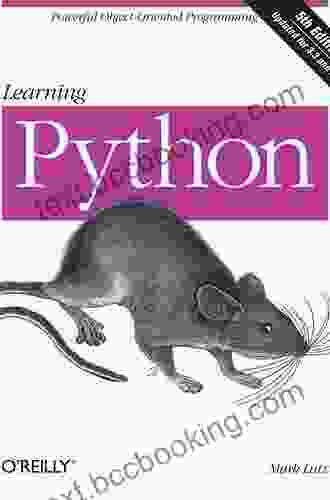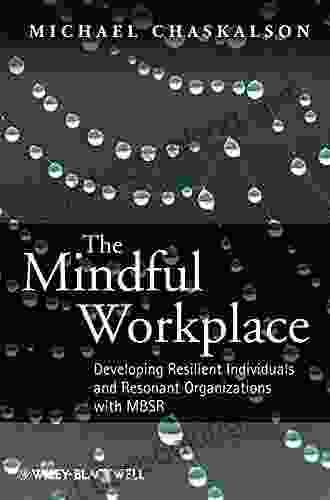How Economists Work and Think: Unlocking the Secrets of Economic Analysis

Economists are masters of analytical tools, employing sophisticated techniques to dissect economic phenomena. From mathematical models to statistical analysis, they meticulously measure and interpret data, revealing the underlying forces that drive the economy. 4.3 out of 5 Mathematicians at heart, economists construct intricate mathematical models to simulate economic systems. These models allow them to isolate variables, test hypotheses, and predict outcomes under different scenarios. By manipulating equations and crunching numbers, economists gain insights into the complex interactions that shape economic behavior. Econometrics empowers economists with statistical prowess. They leverage sophisticated econometric techniques to analyze empirical data, extracting meaningful insights from real-world observations. By meticulously examining trends, correlations, and patterns, econometricians uncover the hidden relationships that govern economic outcomes. Economists are not mere number-crunchers; they are also astute researchers, meticulously gathering and interpreting data to uncover the mysteries of the economy. Their research methods are as diverse as the economic phenomena they study. Empirical research is the cornerstone of economic analysis. Economists collect vast amounts of data from surveys, experiments, and field studies, subjecting it to rigorous statistical scrutiny. By meticulously observing economic behavior, they construct evidence-based theories that illuminate the workings of the economy. While empirical research provides a solid foundation, theoretical research allows economists to explore abstract concepts and develop innovative frameworks. They create hypothetical models, derive logical s, and engage in rigorous deductive reasoning to push the boundaries of economic understanding. Beyond analytical tools and research methods, the unique thought processes of economists shape their understanding of the economy. They approach problems with a critical eye, employing logical reasoning and cognitive frameworks to make sense of complex economic phenomena. Marginal thinking is a cornerstone of economic analysis. Economists focus on the incremental impact of decisions, evaluating the additional benefits and costs associated with each marginal unit of consumption, production, or investment. This perspective enables them to optimize choices and predict economic outcomes. Economists constantly grapple with the concept of opportunity cost, understanding that every decision entails a sacrifice. They recognize that resources are scarce and that choosing one option inevitably means forgoing another. This understanding guides their decision-making and helps them allocate resources efficiently. Equipped with their analytical tools, research insights, and unique thought processes, economists venture into the realm of economic modeling and forecasting. They construct sophisticated models to simulate economic systems and predict future outcomes, providing valuable guidance to businesses, policymakers, and the public. Macroeconomic models provide a comprehensive overview of the economy as a whole. They incorporate factors such as GDP, inflation, unemployment, and monetary policy to simulate the complex interactions that drive economic growth and stability. These models help economists analyze macroeconomic trends and forecast future economic performance. Microeconomic models zoom in on the behavior of individual economic agents, such as consumers, firms, and investors. They simulate the decision-making processes and interactions of these agents to understand how they shape economic outcomes at the micro level. These models provide insights into market dynamics, pricing strategies, and consumer preferences. The work of economists has a profound impact beyond academic circles, shaping public policy, business decisions, and our understanding of the world around us. Their insights inform government regulations, corporate strategies, and personal financial planning, contributing to economic prosperity and social well-being. Economists provide invaluable expertise to policymakers, advising on a wide range of economic issues, from fiscal policy to healthcare reform. Their research and analysis inform policy decisions, ensuring that they are based on sound economic principles and empirical evidence. Businesses rely on economic analysis to make informed decisions about production, investment, and marketing. Economists help companies understand market dynamics, forecast demand, and optimize their operations for maximum profitability. Individuals and families benefit from the insights of economists when making financial decisions. Economic analysis can help them understand investment strategies, plan for retirement, and manage their personal finances to achieve their financial goals. If you seek to delve into the captivating world of economics, the book "How Economists Work and Think" is an indispensable guide. Written by renowned economists, it offers a comprehensive roadmap of economic analysis, from the analytical tools to the intricate thought processes. Through engaging narratives and illuminating examples, the book unlocks the secrets of economic modeling, empirical research, and forecasting. It provides a profound understanding of how economists grapple with complex economic phenomena, providing readers with the intellectual tools to navigate the ever-changing economic landscape. Free Download your copy of "How Economists Work and Think" today and embark on an intellectual journey that will transform your understanding of the economy and the world around you.Delving into the Economist's Toolbox: Unveiling Analytical Instruments
Language : English File size : 17718 KB Text-to-Speech : Enabled Screen Reader : Supported Enhanced typesetting : Enabled Word Wise : Enabled Print length : 445 pages X-Ray for textbooks : Enabled Mathematical Models: Simulating Economic Dynamics
Econometrics: Bringing Data to Life
The Researcher's Journey: Unraveling Economic Phenomena
Empirical Research: Grounding Theories in Observation
Theoretical Research: Constructing Intellectual Frameworks
Thought Processes of an Economist: Deciphering the Economic Mind
Marginal Thinking: Weighing Incremental Changes
Opportunity Cost: Embracing Trade-offs
Economic Modeling and Forecasting: Predicting the Future Economy
Macroeconomic Models: Capturing the Big Picture
Microeconomic Models: Understanding Individual Behavior
Beyond the Ivory Tower: The Impact of Economic Analysis on Society
Policymaking: Guiding Economic Decisions
Business Strategy: Navigating Economic Uncertainties
Financial Planning: Securing Economic Futures
Embark on an Intellectual Journey with "How Economists Work and Think"
4.3 out of 5
| Language | : | English |
| File size | : | 17718 KB |
| Text-to-Speech | : | Enabled |
| Screen Reader | : | Supported |
| Enhanced typesetting | : | Enabled |
| Word Wise | : | Enabled |
| Print length | : | 445 pages |
| X-Ray for textbooks | : | Enabled |
Do you want to contribute by writing guest posts on this blog?
Please contact us and send us a resume of previous articles that you have written.
 Book
Book Novel
Novel Page
Page Chapter
Chapter Text
Text Story
Story Genre
Genre Reader
Reader Library
Library Paperback
Paperback E-book
E-book Magazine
Magazine Newspaper
Newspaper Paragraph
Paragraph Sentence
Sentence Bookmark
Bookmark Shelf
Shelf Glossary
Glossary Bibliography
Bibliography Foreword
Foreword Preface
Preface Synopsis
Synopsis Annotation
Annotation Footnote
Footnote Manuscript
Manuscript Scroll
Scroll Codex
Codex Tome
Tome Bestseller
Bestseller Classics
Classics Library card
Library card Narrative
Narrative Biography
Biography Autobiography
Autobiography Memoir
Memoir Reference
Reference Encyclopedia
Encyclopedia Maria Van Noord
Maria Van Noord Meg Touchton
Meg Touchton Mary Jane Walker
Mary Jane Walker Tabitha Israel
Tabitha Israel Matsuri Hino
Matsuri Hino Martin Middlebrook
Martin Middlebrook Roxana Robinson
Roxana Robinson Michael Neff
Michael Neff Thomas Buergenthal
Thomas Buergenthal Mejor Acuario
Mejor Acuario Mark Mazower
Mark Mazower Mela Shea
Mela Shea Max Brallier
Max Brallier Martin Pistorius
Martin Pistorius Matthew D Shank
Matthew D Shank Tory Bilski
Tory Bilski Steven C Dinero
Steven C Dinero Martin Aguilera
Martin Aguilera Walter Beede
Walter Beede Markian Sich
Markian Sich
Light bulbAdvertise smarter! Our strategic ad space ensures maximum exposure. Reserve your spot today!
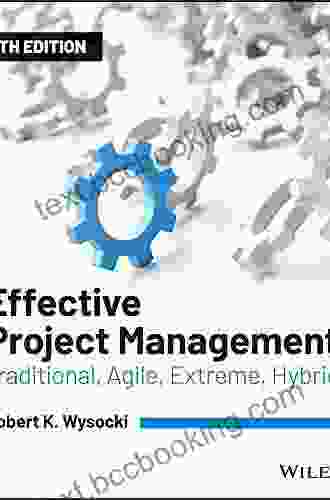
 Dustin RichardsonMastering Project Management: A Comprehensive Guide to Traditional, Agile,...
Dustin RichardsonMastering Project Management: A Comprehensive Guide to Traditional, Agile,...
 Leslie CarterThe Bank for International Settlements After Bretton Woods: A Comprehensive...
Leslie CarterThe Bank for International Settlements After Bretton Woods: A Comprehensive... Wade CoxFollow ·2k
Wade CoxFollow ·2k Felix HayesFollow ·9.7k
Felix HayesFollow ·9.7k Joshua ReedFollow ·10.2k
Joshua ReedFollow ·10.2k Neal WardFollow ·3.8k
Neal WardFollow ·3.8k José SaramagoFollow ·4k
José SaramagoFollow ·4k Neil ParkerFollow ·11.8k
Neil ParkerFollow ·11.8k Asher BellFollow ·14k
Asher BellFollow ·14k Tennessee WilliamsFollow ·2.2k
Tennessee WilliamsFollow ·2.2k

 Larry Reed
Larry ReedGwendy's Final Task: A Thrilling Conclusion to a Timeless...
Prepare to be...
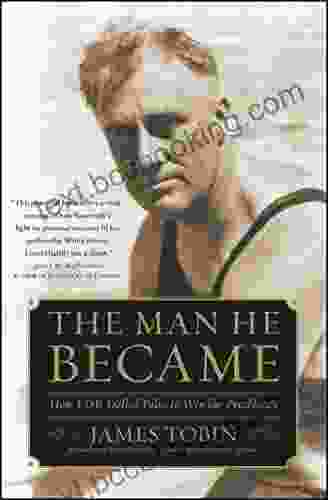
 Victor Turner
Victor TurnerHow FDR Defied Polio to Win the Presidency
Franklin D. Roosevelt is...

 Edwin Cox
Edwin CoxWinner RGS BBC Journey of a Lifetime Award: An Inspiring...
In the heart of the world's...

 Griffin Mitchell
Griffin MitchellEverything You Need to Know, You Learned From Mister...
Mister Rogers' Neighborhood was a beloved...
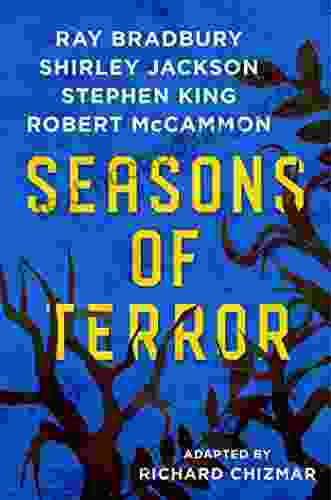
 Beau Carter
Beau CarterSeasons of Terror: A Spine-Tingling Odyssey into the...
In the realm of horror...
4.3 out of 5
| Language | : | English |
| File size | : | 17718 KB |
| Text-to-Speech | : | Enabled |
| Screen Reader | : | Supported |
| Enhanced typesetting | : | Enabled |
| Word Wise | : | Enabled |
| Print length | : | 445 pages |
| X-Ray for textbooks | : | Enabled |



